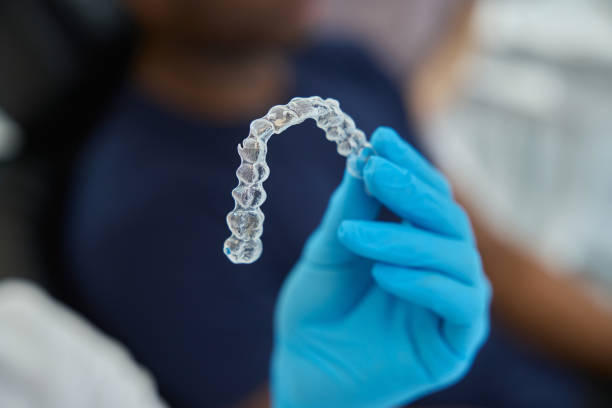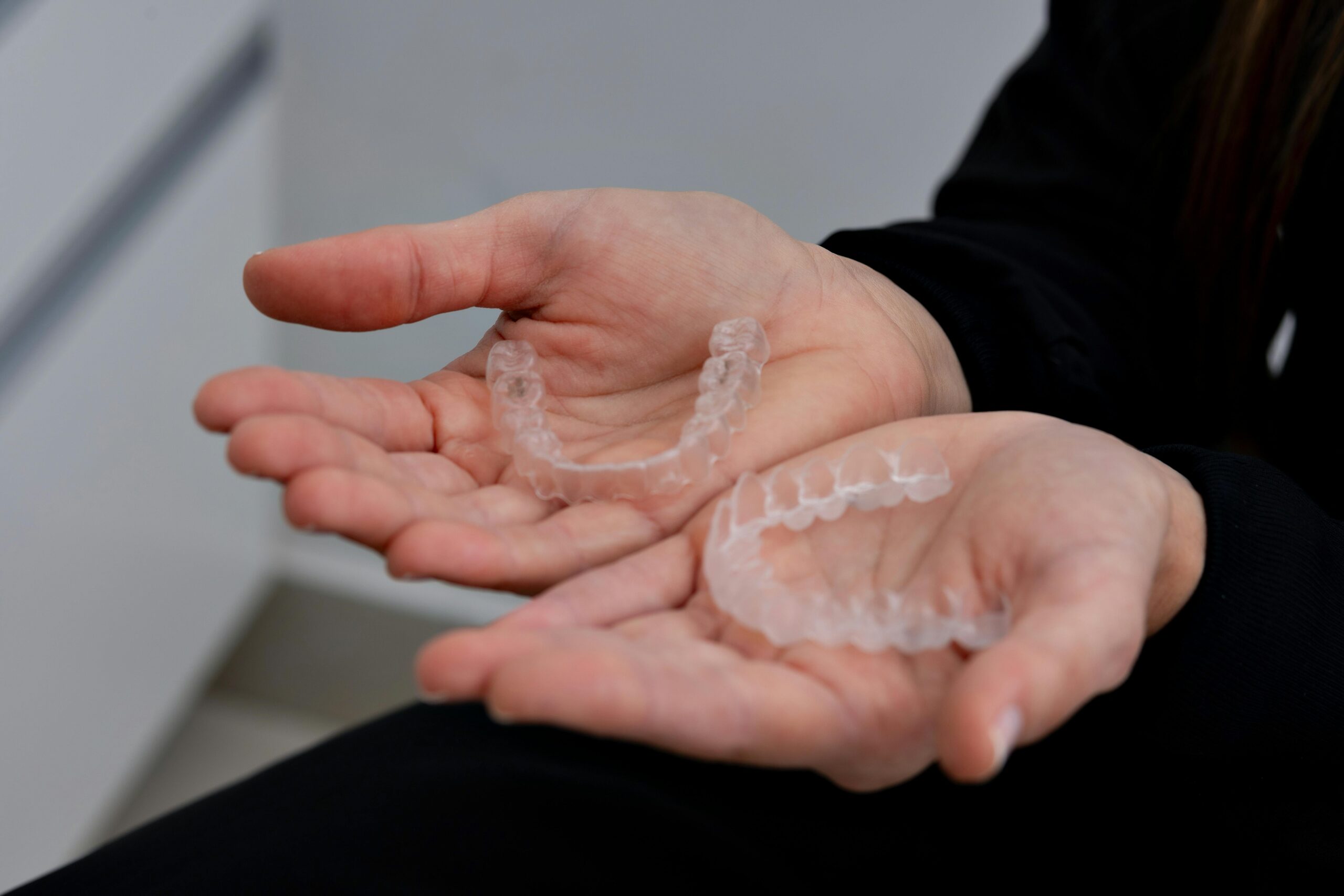Clear Teeth Aligners Clear teeth aligners have become a popular alternative to traditional braces, with the leading brand Invisalign standing out in …
Dental implants abroad
I’m considering going abroad for my implants. Is
there anything I should be worried about?
Dental implants have become a popular and effective solution for missing teeth, providing a permanent and natural-looking replacement. However, the allure of lower costs has led many individuals to consider getting dental implants abroad. While the prospect of saving money may seem exciting, it is crucial to approach this decision with caution and a thorough understanding of the potential complications involved.

Why do dental implants abroad appear lucrative for people?
One of the primary reasons why dental implants abroad may appear lucrative is the considerably lower cost compared to domestic treatment. Many countries, particularly those with lower labour and operational costs, offer dental implant procedures at a fraction of the price charged in developed nations. This cost difference can be substantial, making travelling abroad for dental work appealing, especially for those on a tight budget or without comprehensive dental insurance coverage.
Potential harms of dental implants abroad
While cost savings are undoubtedly attractive, it is essential to recognise the potential harms and risks associated with dental implants performed abroad. Here are some critical considerations:
Quality of materials and implants: Reputable dental clinics in developed countries typically use high-quality, FDA-approved, or CE-marked dental implants from renowned manufacturers. However, some clinics abroad may use lower-quality or counterfeit implants to keep costs down, compromising the longevity and success of the implant procedure.
Substandard facilities and infection control: Dental clinics in developed nations adhere to stringent hygiene and sterilisation protocols to minimise the risk of infections. However, some clinics abroad may lack proper infection control measures, putting patients at risk of serious illnesses.
Lack of regulatory oversight: Dental practices in developed countries are subject to strict regulations and oversight to ensure patient safety and quality of care. In some countries, however, these regulations may be lax or poorly enforced, increasing the risk of substandard treatment and potential complications.
Post-operative care and follow-up: Proper post-operative care and regular follow-up appointments are crucial for the long-term success of dental implants. If complications arise after returning home, receiving timely and appropriate care from the original dental provider abroad may be challenging, potentially leading to additional costs and complications.
Communication barriers: In some cases, language and cultural differences may hinder effective communication between the patient and the dental team abroad. Misunderstandings or miscommunications could lead to suboptimal treatment or inadequate post-operative instructions, increasing the risk of complications.
Travel risks and discomfort: Travelling abroad for dental implants can be physically and emotionally taxing, especially if the procedure requires multiple visits or extended recovery periods. Jet lag, unfamiliar surroundings, and potential language barriers can add to the discomfort and stress of the overall experience.
Advice on dealing with dental implants from abroad
If you have already undergone dental implant surgery abroad and are experiencing issues or complications, it is essential to seek professional assistance promptly. Here are some steps you can take:
Consult with a local dental professional: Seek out a reputable dental practice and schedule an evaluation. Provide them with detailed information about the implant procedure you underwent, including any documentation or records from the clinic abroad.
Follow-up care and monitoring: If the implant functions correctly, your local dentist may recommend regular monitoring and follow-up appointments to ensure its long-term success.
Addressing complications: In case of complications or implant failure, your local dentist may suggest remedial options, such as removing and replacing the implant or alternative restorative treatments.
Documentation and records: Maintain detailed records of your dental implant procedure, including the clinic’s contact information, the type of implant used, and any post-operative instructions or documentation provided. This information will be invaluable for your local dentist in assessing and addressing any potential issues. It is crucial to address any issues promptly to prevent further complications and potential health risks.
At Harley Street Implant Centre, we prioritise patient safety and the highest standards of care. We exclusively use premium dental implants from Nobel Biocare & Straumann, renowned, global market-leader manufacturers known for their exceptional quality and biocompatibility. Our latest facilities and highly trained dental professionals ensure a safe and successful implant procedure, with meticulous attention to detail and strict adherence to industry best practices.
How can we help?
Undergoing dental implant procedures abroad may initially seem attractive and cost-effective. However, it is essential to carefully consider the potential risks and long-term implications associated with this decision. Substandard dental implant materials, inadequate facilities, lack of regulatory oversight, limited post-operative care, communication barriers, and travel-related discomfort can all contribute to complications and implant failure, ultimately leading to higher costs and compromised oral health.
At Harley Street Implant Centre, We believe in transparency and open communication, ensuring our patients are fully informed about the implant process, potential risks, and expected results.
We prioritise safety, expertise, and proven materials and aim to ensure a successful and long-lasting dental implant experience. Book your appointment now to restore your smile with natural-looking, comfortable implants.
What is Composite Bonding? A comprehensive guide for patients Composite bonding has become a very popular cosmetic treatment, particularly for those seeking …
Add Your Heading Text Here Invisalign Tips and Tricks Invisalign is a modern alternative to the traditional braces. It is what it …
Invisalign vs Braces In the realm of orthodontics and dentistry, a common dilemma for patients is choosing between Invisalign vs braces. Both …



